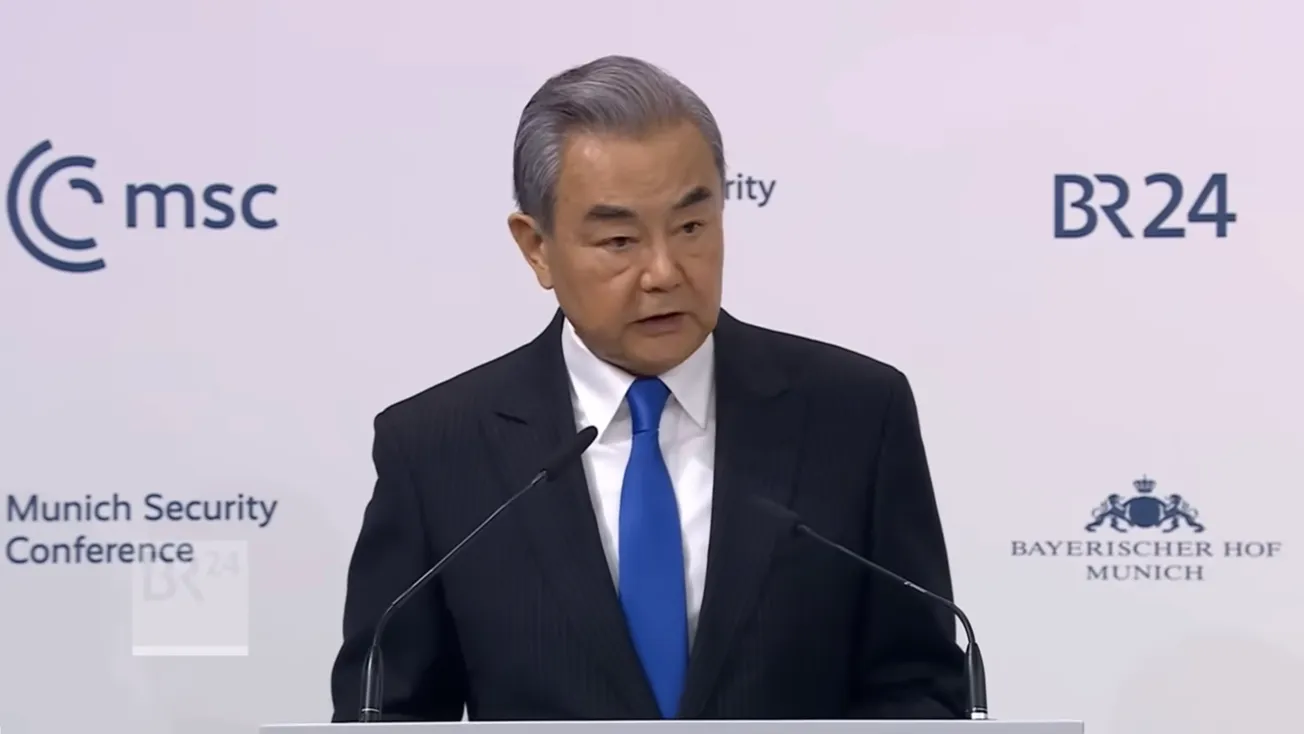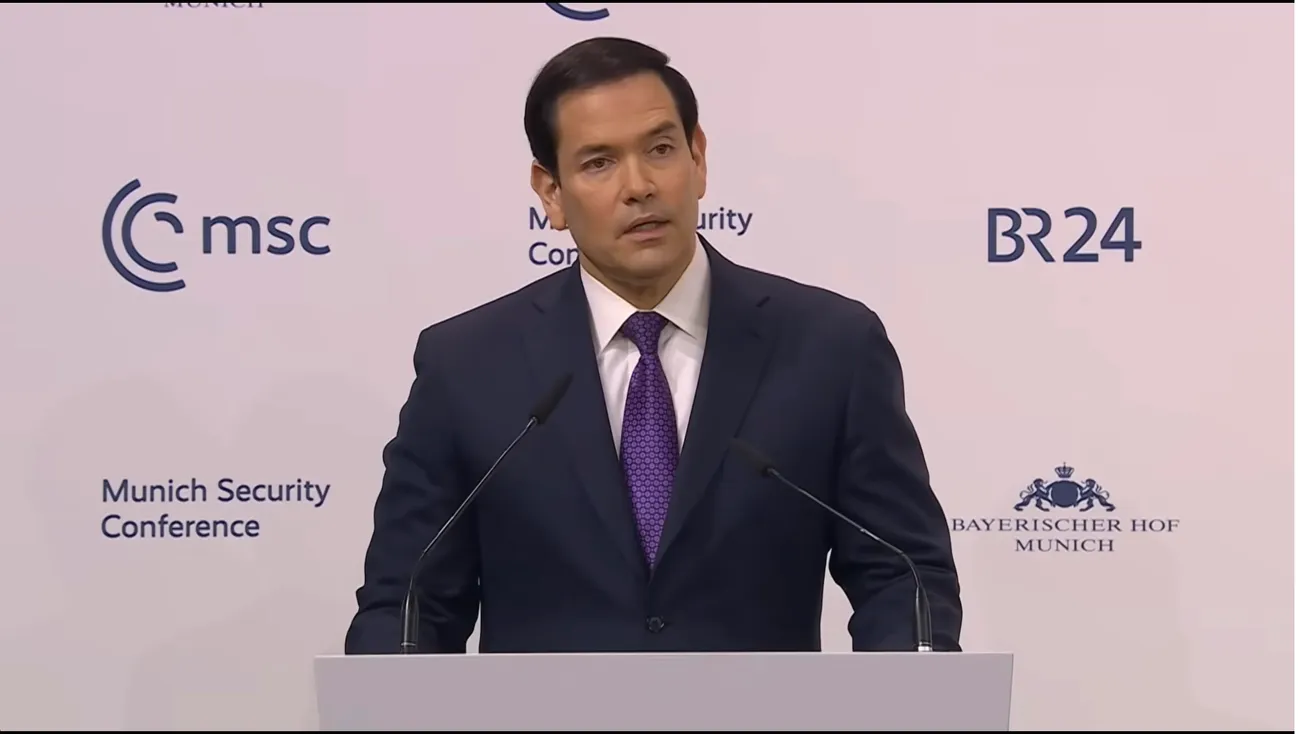During an official visit to Beijing last week, Argentina’s Minister of Science, Technology and Innovation Daniel Filmus met with several high-ranking ministers and experts in the field of science and technology, and signed a range of exciting agreements and memoranda of understanding, spanning such areas as aerospace, satellite imaging, astronomy, agricultural technology, Antarctic and oceanic studies, industrialization of lithium and educational exchanges.
Among the minister’s delegation was Dr. Ana Franchi, director of the prestigious National Scientific and Technological Research Council (Conicet), which fascist presidential candidate Javier Milei has vowed to shut down, just as he has vowed to pull Argentina out of the BRICS.
As Filmus explained, Argentina’s future membership in the BRICS, to be ratified on Jan. 1, 2024, has inspired the government to seek a closer relationship with China, a founding member of the group. According to El Cronista, he noted that Argentina “views with great satisfaction the transformation the Chinese people have achieved in their quality of life, thanks to the development of science and technology. Argentina’s membership in the BRICS opens the road to an even closer relationship. This is a very important opportunity for our country.”
A Sept. 8 press release issued by Argentina’s Science and Technology Ministry reported that, following a meeting with the president of China’s Academy of Social Sciences Gao Xiang, Filmus remarked that “to understand the history of our countries, it’s necessary for us to become closer. Our connection with China, now strengthened by our entry into the BRICS, means we will be able to discuss common themes in history, economics, sociology and others.”
The impressive number of meetings by Filmus’ delegation allowed the participants to both review current science and technology cooperation agreements, which are already extensive, and to discuss new ones. Some of the MOUs will be finalized by President Alberto Fernández when he attends the Third Belt and Road Forum for International Cooperation in October. Filmus met personally with the Minister of Natural Resources, the Industry Minister, the director of the National Astronomical Observatory of China, and the Vice President of the Academy of Sciences, among others. With Natural Resources Minister Wang Guanghua, Filmus signed a MOU to create a binational center on research in natural resources and energy transition.
The latter will look at Argentina’s entire energy matrix, but will particularly address the issue of industrialization of lithium, which Argentina is anxious to develop with environmentally friendly technology, to eventually produce lithium batteries in the country. Delegation members explained that the idea is to “be able to add value” to lithium extraction. China is interested in some of the technology that the state-sector firm YPF-Litio can provide, but is also willing to export the rare earth minerals that Argentina will need for the final battery production. Filmus’ ministry reports that researchers from lithium producers Chile and Bolivia may be invited to work with the new center, “as the three countries together represent 60% of the reserves in the world.”



